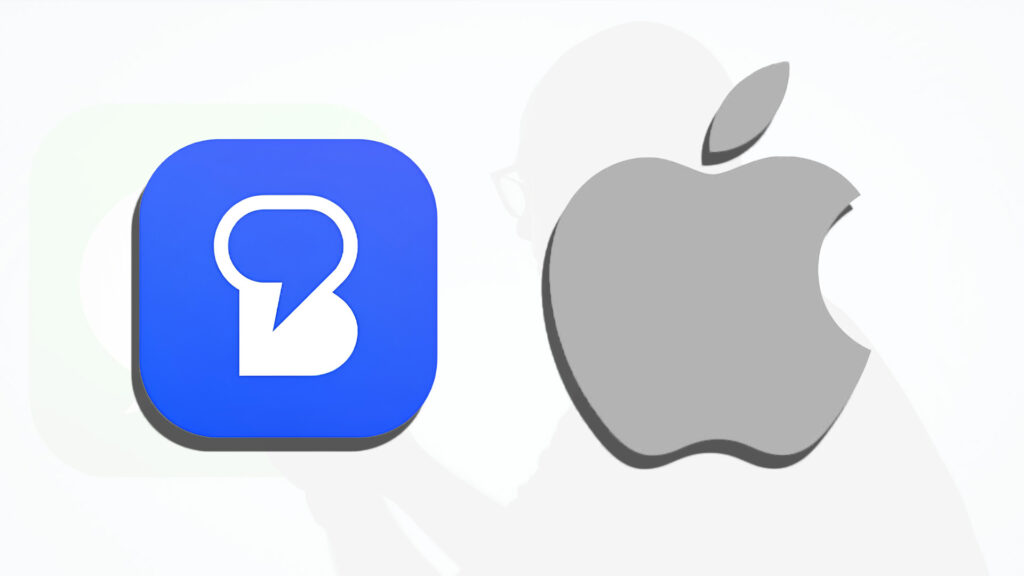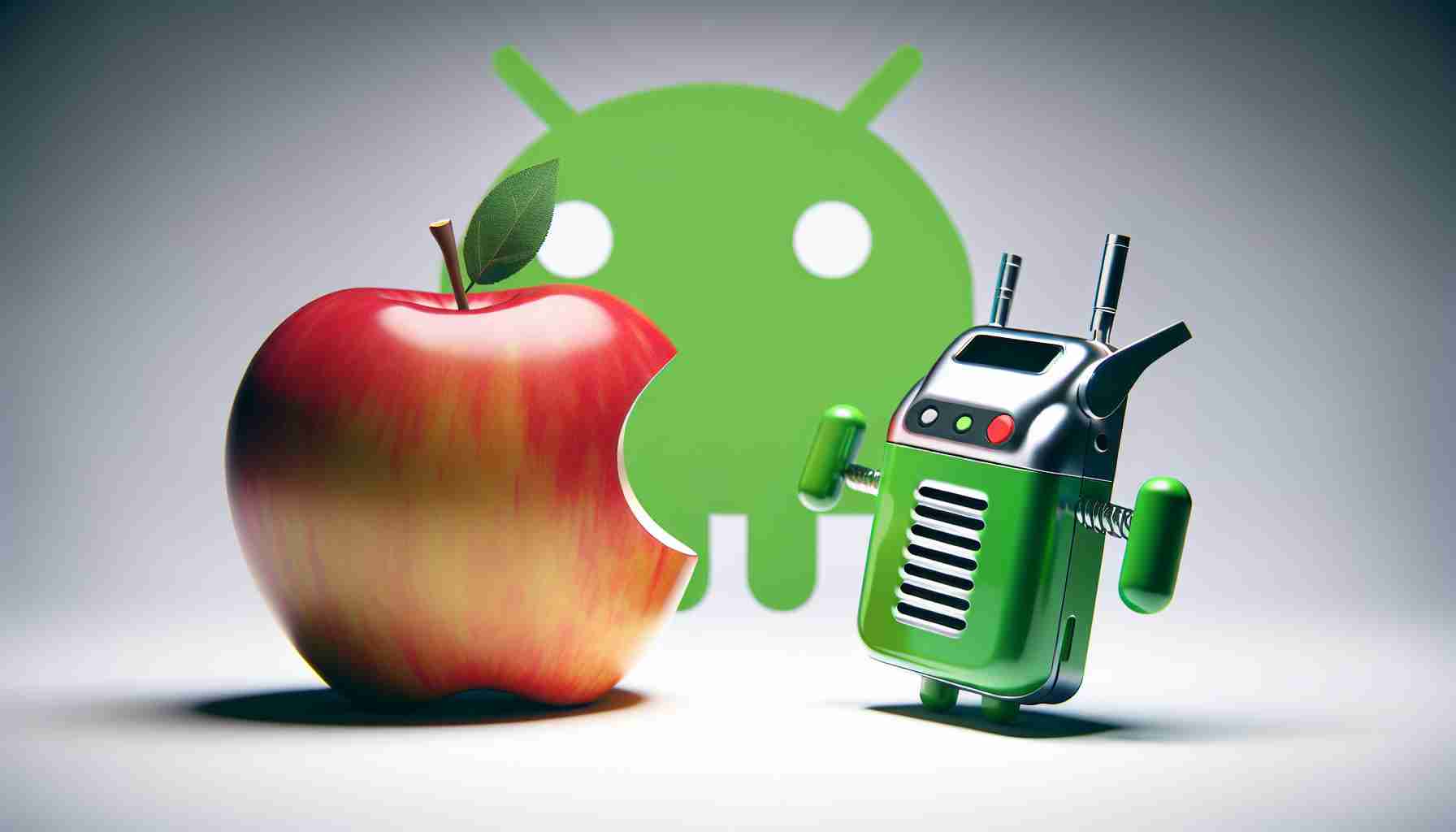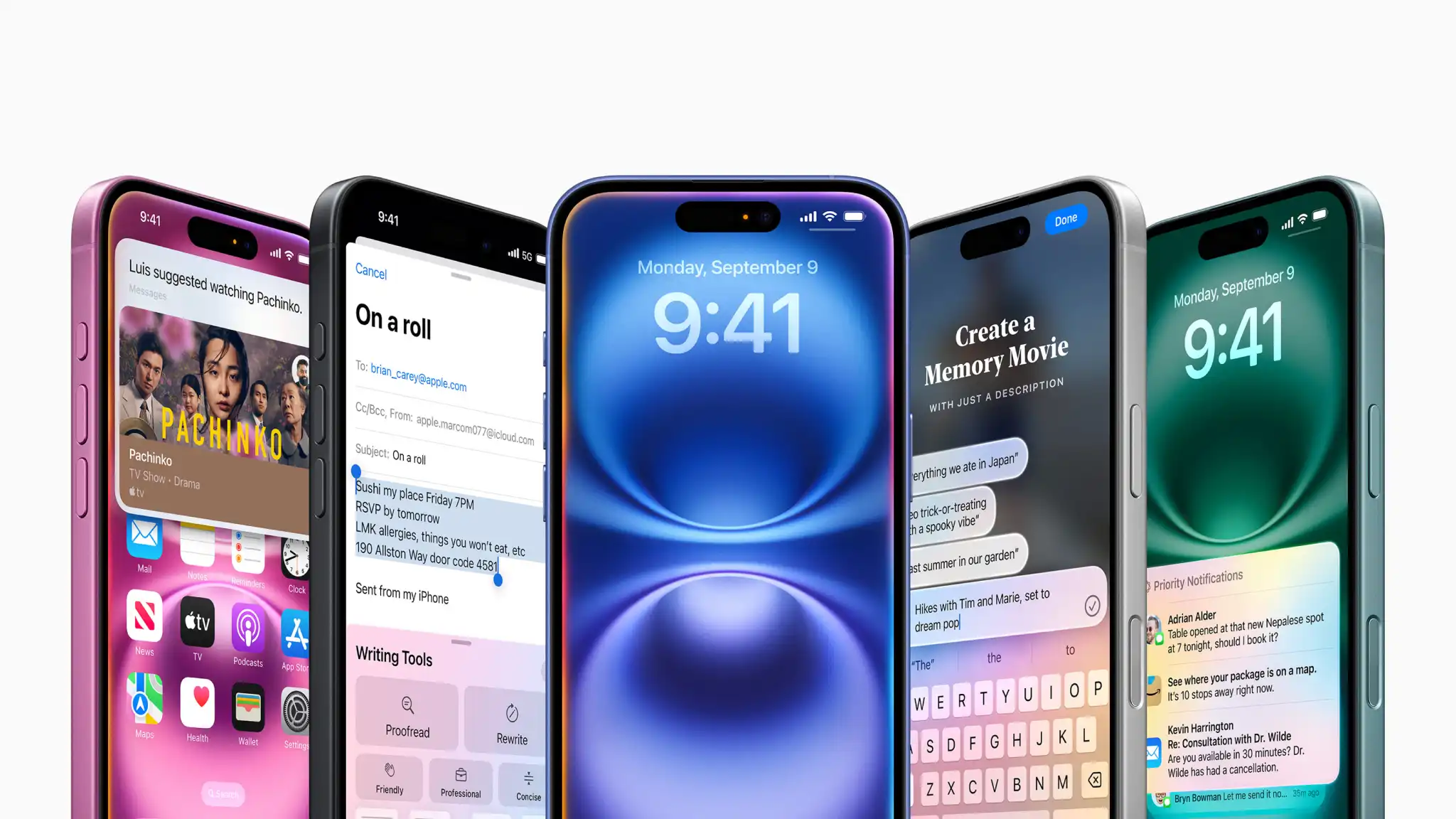
In the ever-evolving landscape of digital communication, the recent clash between Apple and Beeper over iMessage on Android has stirred a fascinating debate. The holiday season brought an unexpected disruption to the usually exclusive realm of Apple’s iMessage, courtesy of the Beeper Mini – an Android app designed to provide non-iPhone users access to the revered blue bubble treatment.
The Beeper Mini Invasion
For a mere $120, Android users could revel in the encrypted blue bubbles, read receipts, in-line replies, and high-quality multimedia that iMessage users have long enjoyed. However, this seemingly innocuous development quickly escalated into a full-fledged battle between the tech giants, with Apple promptly blocking the Beeper app, citing security concerns.
Apple’s Walled Garden Strategy
The significance of this clash extends beyond the realm of messaging apps; it delves into the heart of Apple’s overarching strategy in dominating the mobile market. Dating back to the inception of iMessage in 2011, Apple has strategically fostered a closed ecosystem that encourages users to stay within the confines of Apple devices.
Cultural Impact of iMessage
The cultural significance of iMessage in American communication cannot be overstated. Apple’s deliberate design to make iMessage an integral part of its ecosystem has resulted in social pressures compelling friends and family to adopt iPhones. Court documents revealed Apple’s acknowledgment that making iMessage available on Android would eliminate a significant obstacle for iPhone users considering a switch to Android.
Signs of Change: RCS Protocol Integration
Yet, signs of change are on the horizon. Apple’s recent announcement of opening up its Messages app to work with the RCS (Rich Communication Services) protocol signifies a departure from the exclusive nature of iMessage. This move aims to offer a more modern and secure messaging experience between iPhones and Androids, transcending the limitations of traditional SMS and MMS standards.
Interim Solutions and Legal Implications
In the interim, companies are stepping in to fill the void, providing services to enable access to iMessage via Android phones. Apple, true to its closed ecosystem ethos, has swiftly blocked such attempts, citing security concerns. This stringent control has not gone unnoticed by lawmakers, with senators and representatives raising questions about potential antitrust violations and the impact on competition in the messaging space.
Beeper’s Creative Workarounds and Legal Threats
The ongoing cat-and-mouse game between Apple and Beeper is not merely a tech skirmish; it symbolizes a larger struggle for messaging interoperability and market competition. As Beeper finds creative workarounds, including suggesting users employ jailbroken iPhones, the battle takes on an increasingly complex and legal dimension. Beeper’s CEO, Eric Migicovsky, has even hinted at potential legal action against Apple, framing the conflict as a David vs. Goliath challenge.
Implications for the Future
As this saga unfolds, the implications for the future of messaging standards, market competition, and the balance between user privacy and tech control are profound. The clash between Apple and Beeper is more than a skirmish over an app; it’s a pivotal moment that may reshape the dynamics of digital communication and the future of messaging platforms.




